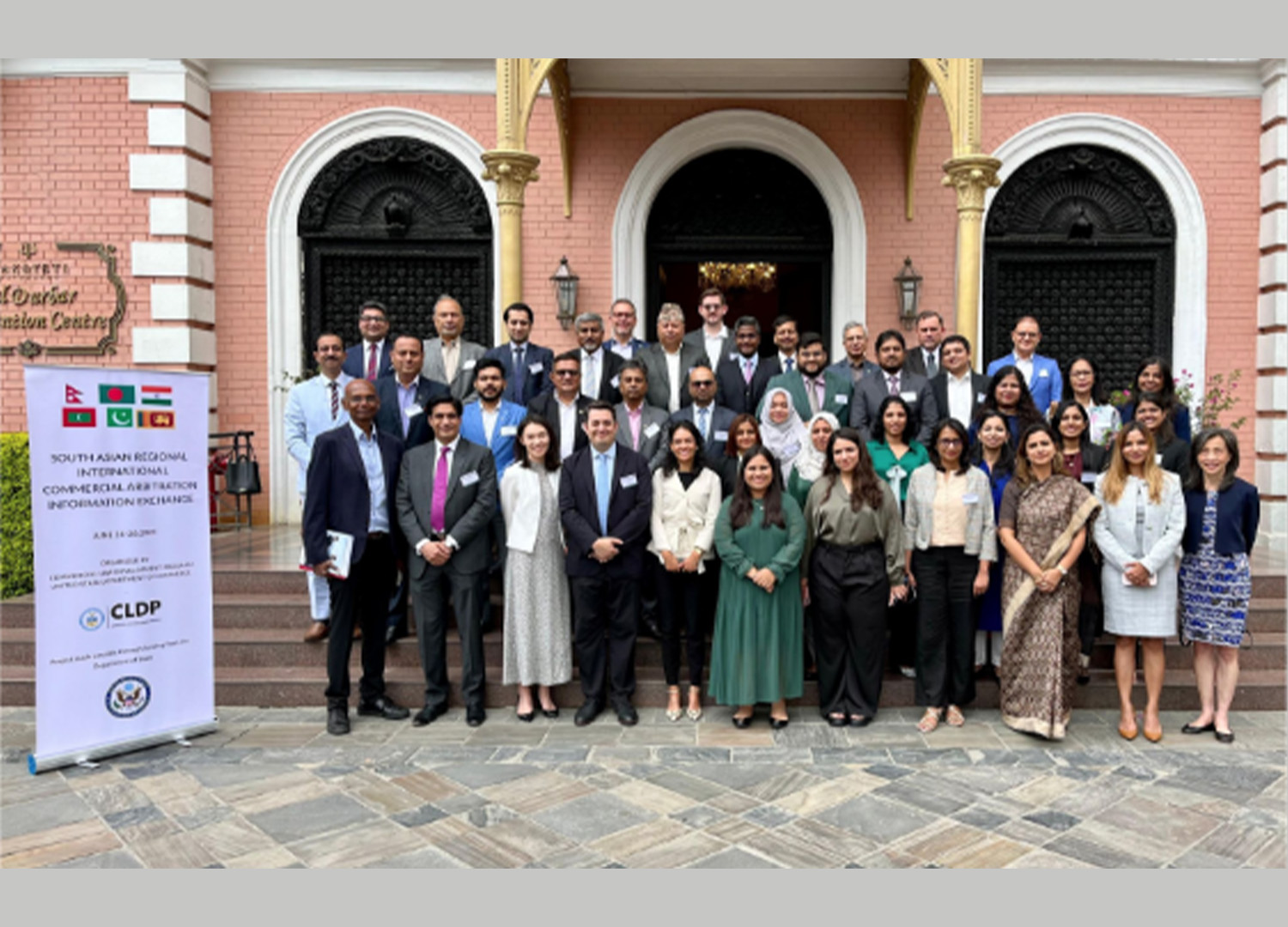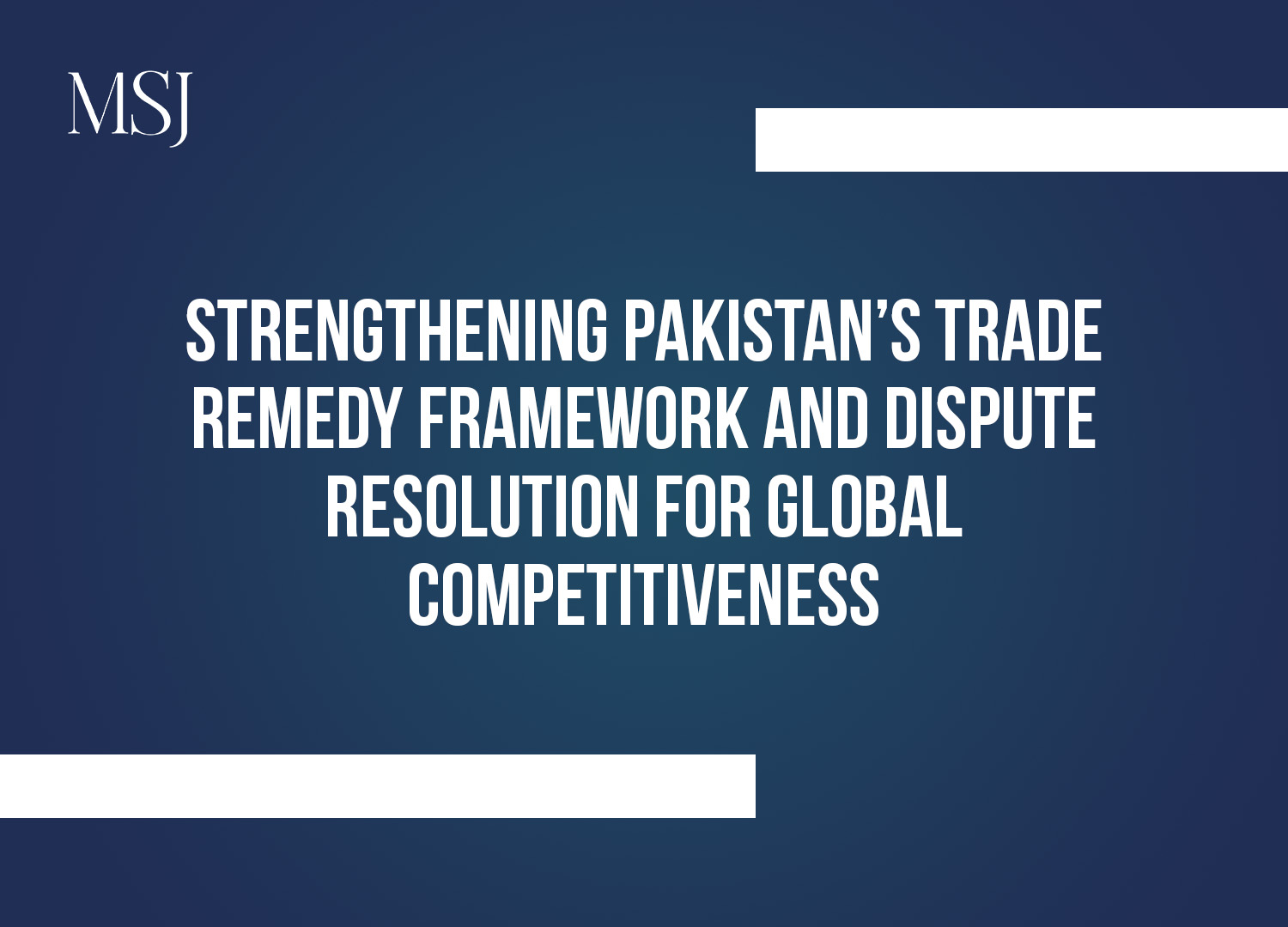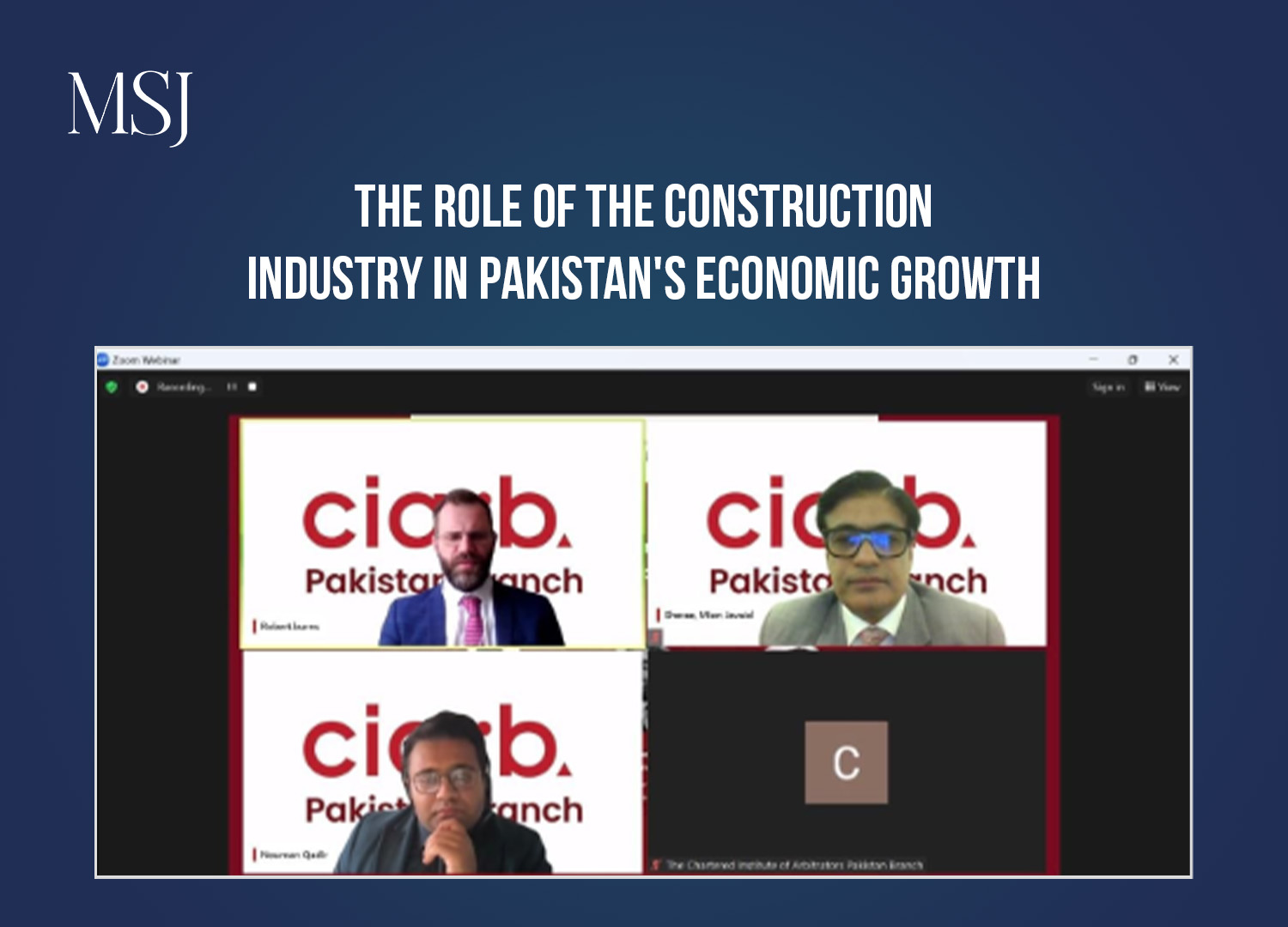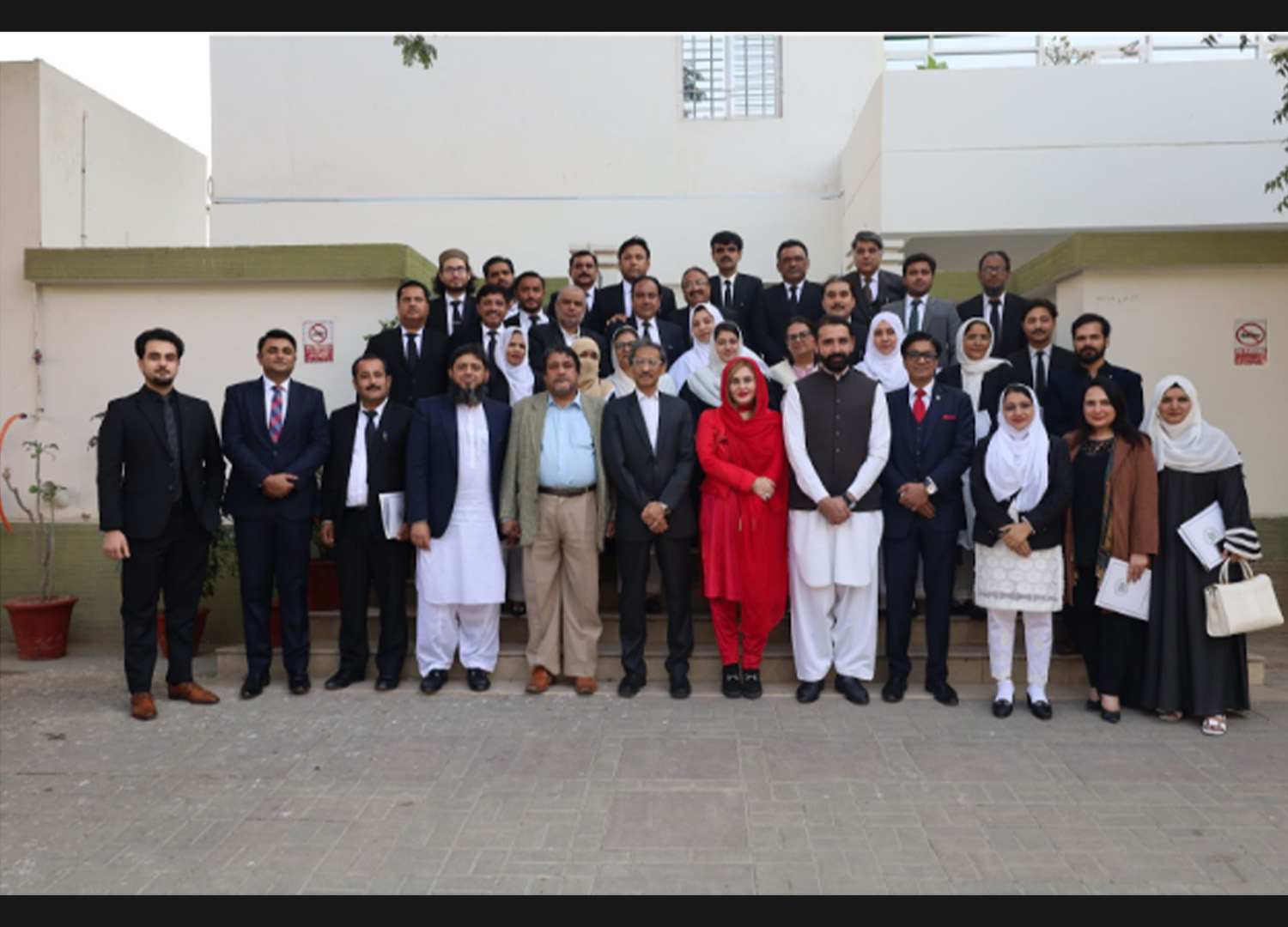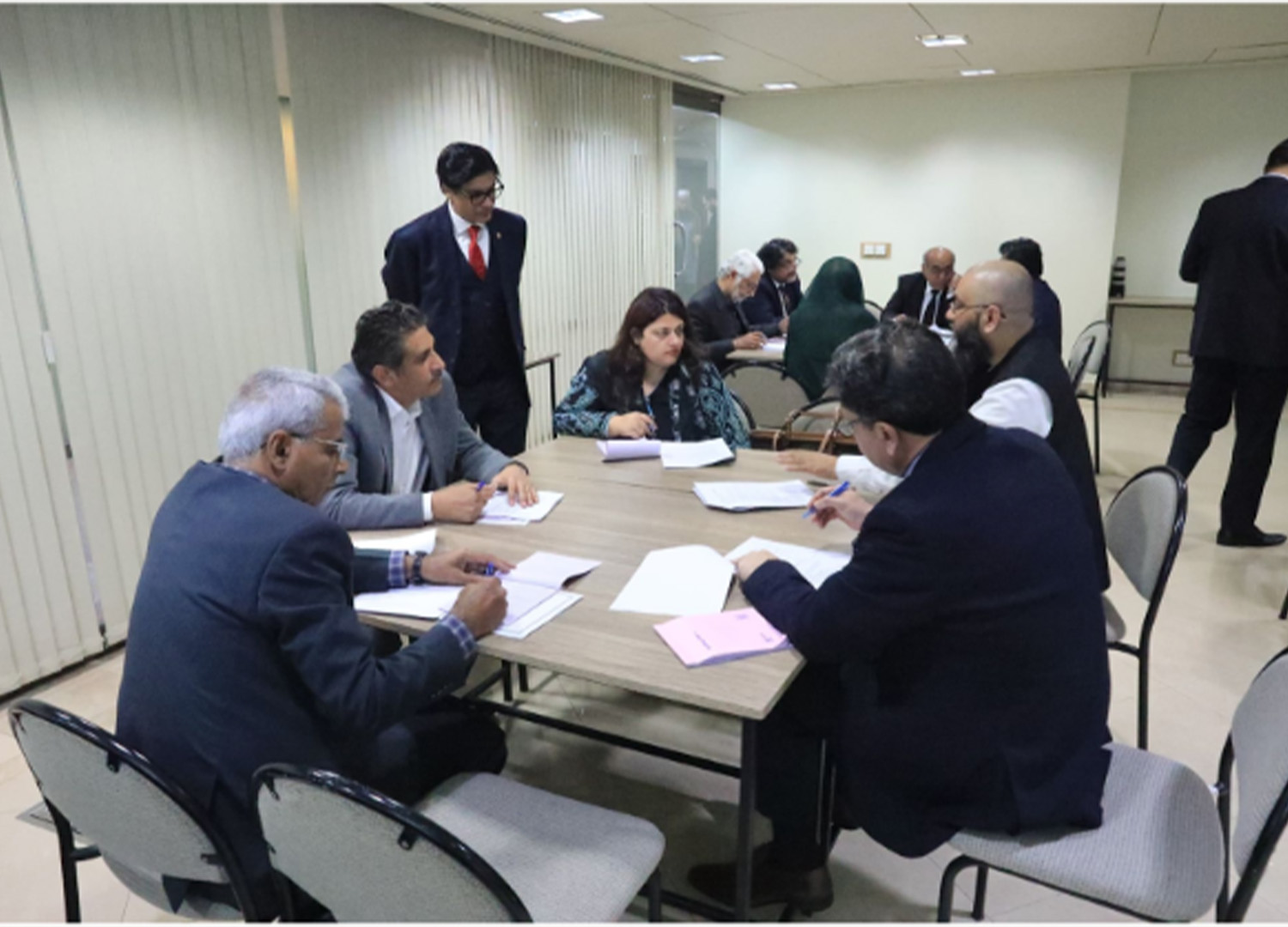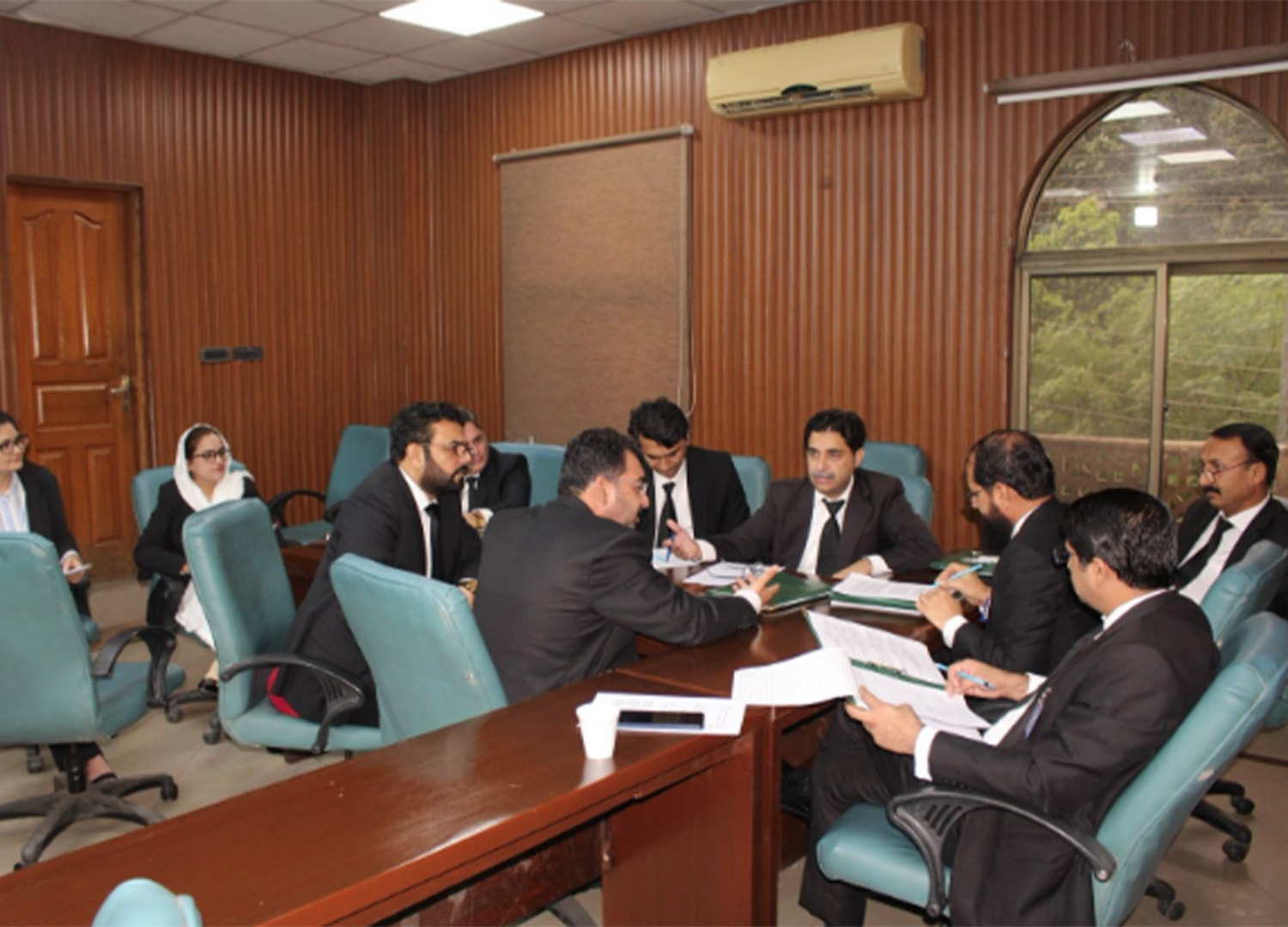Resolving Energy Disputes in Pakistan: A Strategic Training Led by Mian Sheraz Javaid
Mian Sheraz Javaid took the lead in delivering this training, offering participants valuable insights into both the local and global energy landscape. With his extensive experience in energy law and dispute resolution, Sheraz brought much-needed clarity to some of the most pressing issues that the energy sector faces in Pakistan.
Day 1: A Deep Dive into Pakistan’s Energy Sector
The first day of the training was to set the stage for the broader conversation around energy sector disputes. Sheraz started the session by setting out the current state of Pakistan's energy sector, which shed light on the challenges it faces and the crucial need for reform. He discussed the efforts that are currently underway to align Pakistan's energy policies with international standards, particularly in relation to the Energy Charter Treaty (ECT).
The Energy Charter Treaty is an international agreement that aims to promote energy cooperation and investment protection across countries. Sheraz emphasized Pakistan’s progress toward joining this treaty, a move that could significantly improve the country's energy investment climate and enhance its international energy partnerships. He stated that while progress has been made in the right direction, there is still much to be done to ensure that Pakistan fully benefits from the protections and incentives offered by the ECT.
The training also covered the global energy outlook, with major trends being presented, such as the shift to renewable energy and the increasing significance of sustainability in energy production and consumption. In this context, the global trends were discussed with respect to Pakistan's energy needs, which are heavily dependent on fossil fuels. Sheraz stressed the importance of diversifying Pakistan's energy mix to include cleaner, more sustainable sources of energy, not only to meet environmental goals but also to reduce the country's vulnerability to international energy price fluctuations.
More importantly, common issues that crop up in energy agreements were one of the major talk of discussions in Day 1. Sheraz explained the complexities which involve legal, financial, and operational issues leading to disputes between parties involved in energy projects. Everything is dependent on delays in project timelines, terms of investment, and contract breaches, which can create significant barriers to energy development. By exploring case studies and real-world examples, Sheraz illuminated the ways in which these disputes manifest and the various approaches that can be taken to mitigate them.
Looking Ahead: Day 2: Causes of Energy Disputes and Their Resolution
Building on the knowledge shared on Day 1, Day 2 of the training session focused on a more in-depth exploration of energy disputes and their resolution mechanisms. The session began with a detailed analysis of the underlying causes of energy disputes in Pakistan. Sheraz outlined the primary factors that often lead to disputes in the energy sector, including regulatory challenges, political instability, miscommunication between stakeholders, and issues related to contract enforcement.
One of the major issues discussed was the need for dispute avoidance. Sheraz mentioned that a proactive approach, based on clear contract terms, regular communication, and early identification of potential risks, can prevent many disputes from becoming costly and time-consuming legal battles. He also stressed the need for continuous dialogue between the government, energy producers, and consumers to foster a more cooperative environment and reduce the likelihood of conflict.
The highlight of Day 2, however, was the session on energy arbitration. Nasir Khan MBE, a renowned expert in energy arbitration, provided invaluable insights into how disputes can be resolved through arbitration, an alternative dispute resolution mechanism that is particularly effective in the energy sector. With arbitration offering a faster and often more cost-effective solution compared to traditional litigation, Nasir Khan shared his wealth of experience in handling complex energy disputes, explaining the key steps involved in arbitration proceedings and how parties can benefit from this approach.
The significance of arbitration in energy disputes cannot be overstated, and it is through such avenues that it is possible for a neutral third party to make decisions that are binding while avoiding long and protracted legal battles that can stifle progress in the energy sector. Sheraz and Nasir Khan suggested that arbitration is now the commonly sought way of resolving energy disputes globally, while urging participants to consider arbitration whenever they have any disputes in their projects.
Acknowledgments and Looking Forward
The two-day training program would not have been possible without the help of Javed Uppal, President of The Institution of Engineers, Pakistan (IEP), who has permitted Mian Sheraz Javaid and his team to lead this valuable initiative.Javed Uppal's commitment to providing professional development opportunities to IEP members is confirmed in the positive feedback received from participants, who appreciated the opportunity to receive knowledge from industry experts.
As the training concluded, it was clear that participants had gained a deeper understanding of the challenges and solutions related to energy disputes in Pakistan. The discussions not only highlighted the importance of resolving disputes efficiently but also underscored the broader implications of such resolutions for Pakistan’s energy future.
While day 2 was devoted to arbitration, as well as strategies for preventing disputes, the training session built on a comprehensive framework for how these conflicts arising with energy in Pakistan can be addressed and resolved. With Mian Sheraz Javaid and Nasir Khan wrapping up their sessions, they have given the participants a treasure trove of valuable knowledge and practical tools to navigate the very complicated world of energy disputes in Pakistan, ensuring a sustainable energy future for the nation and thereby stability.



